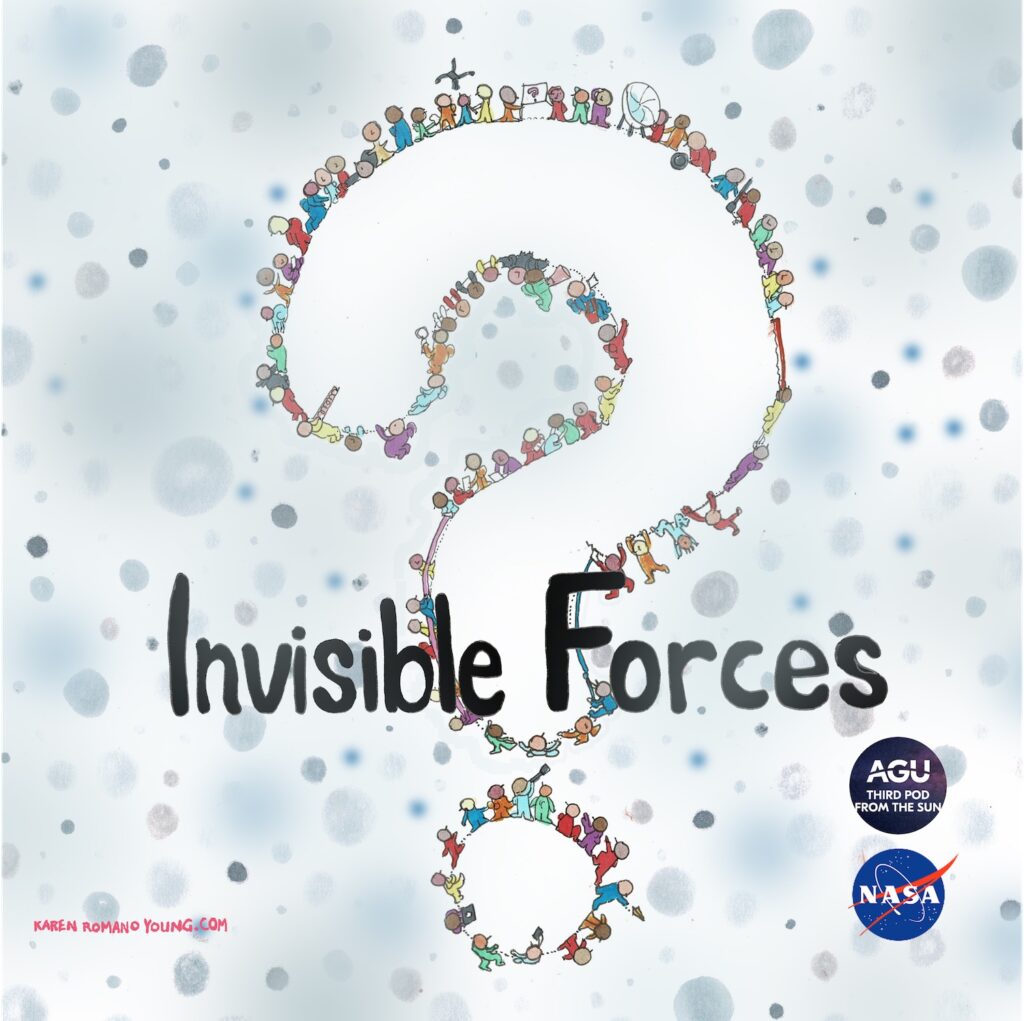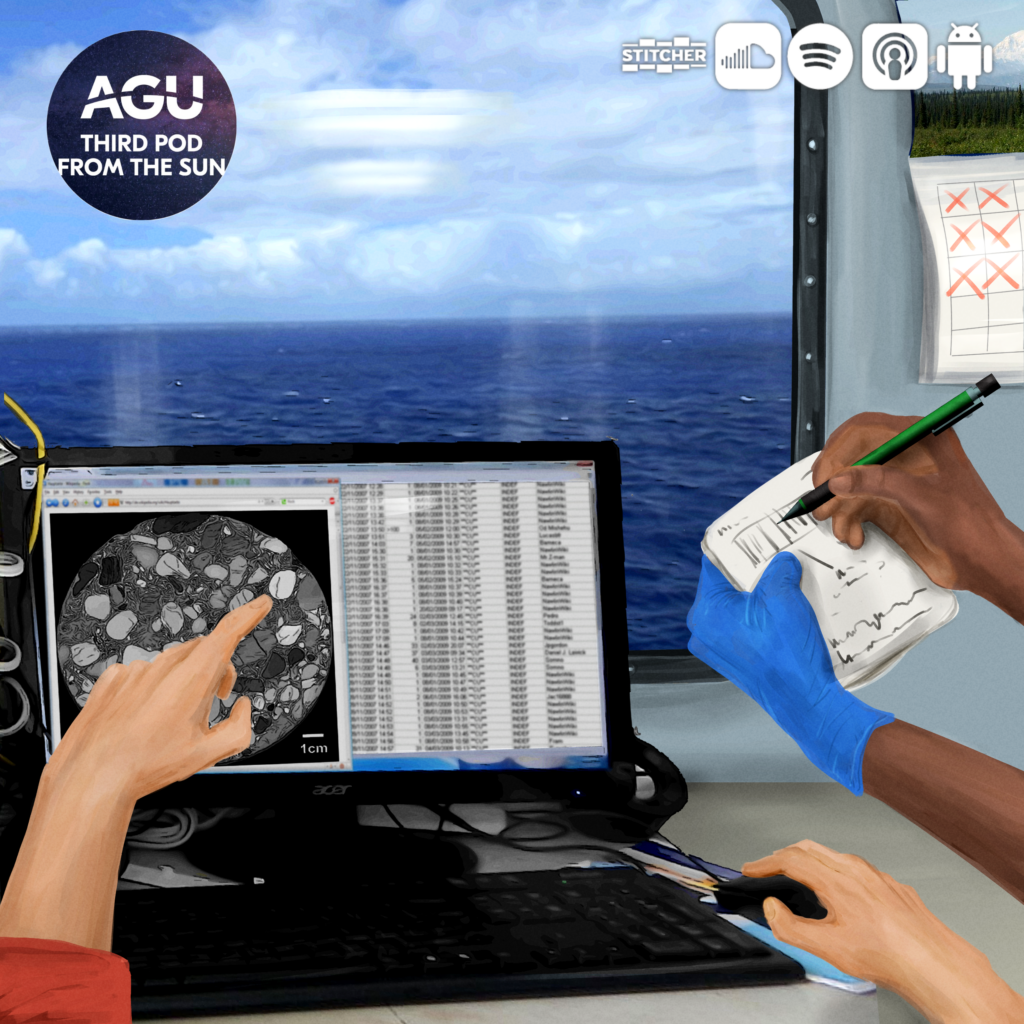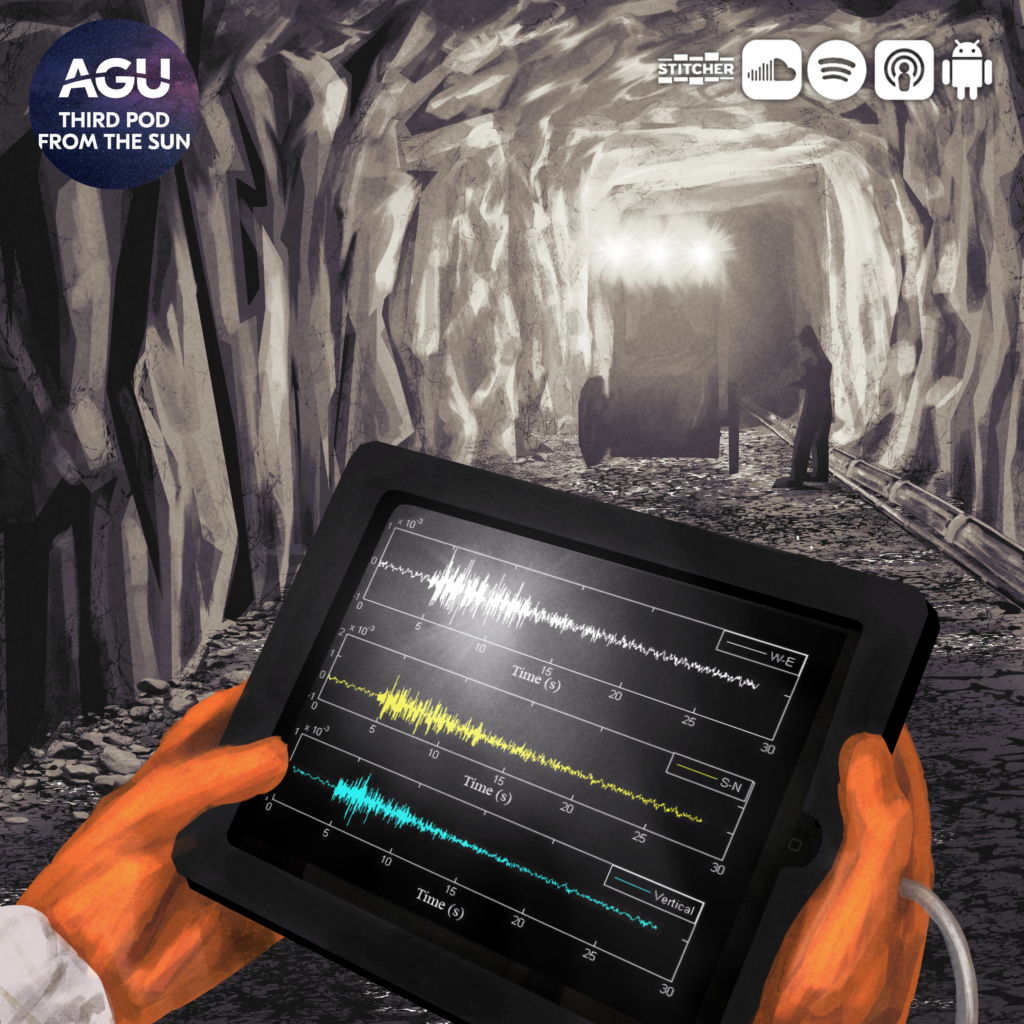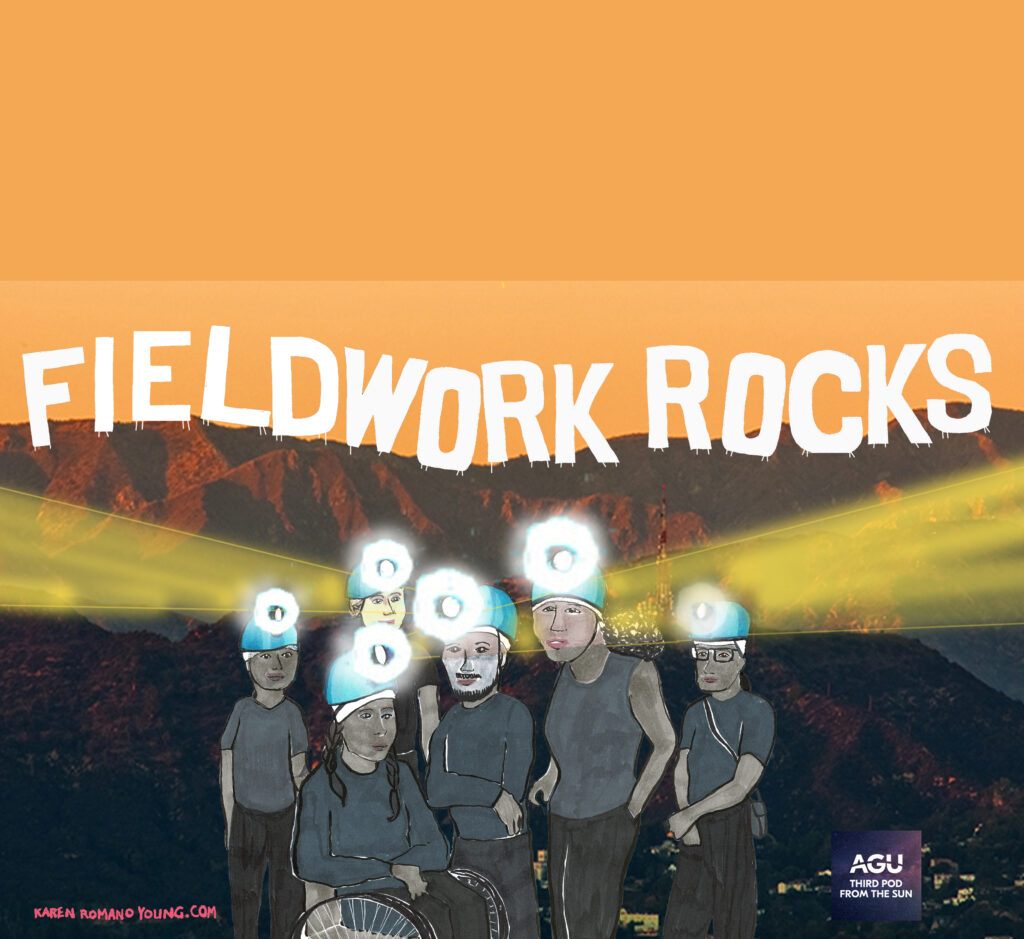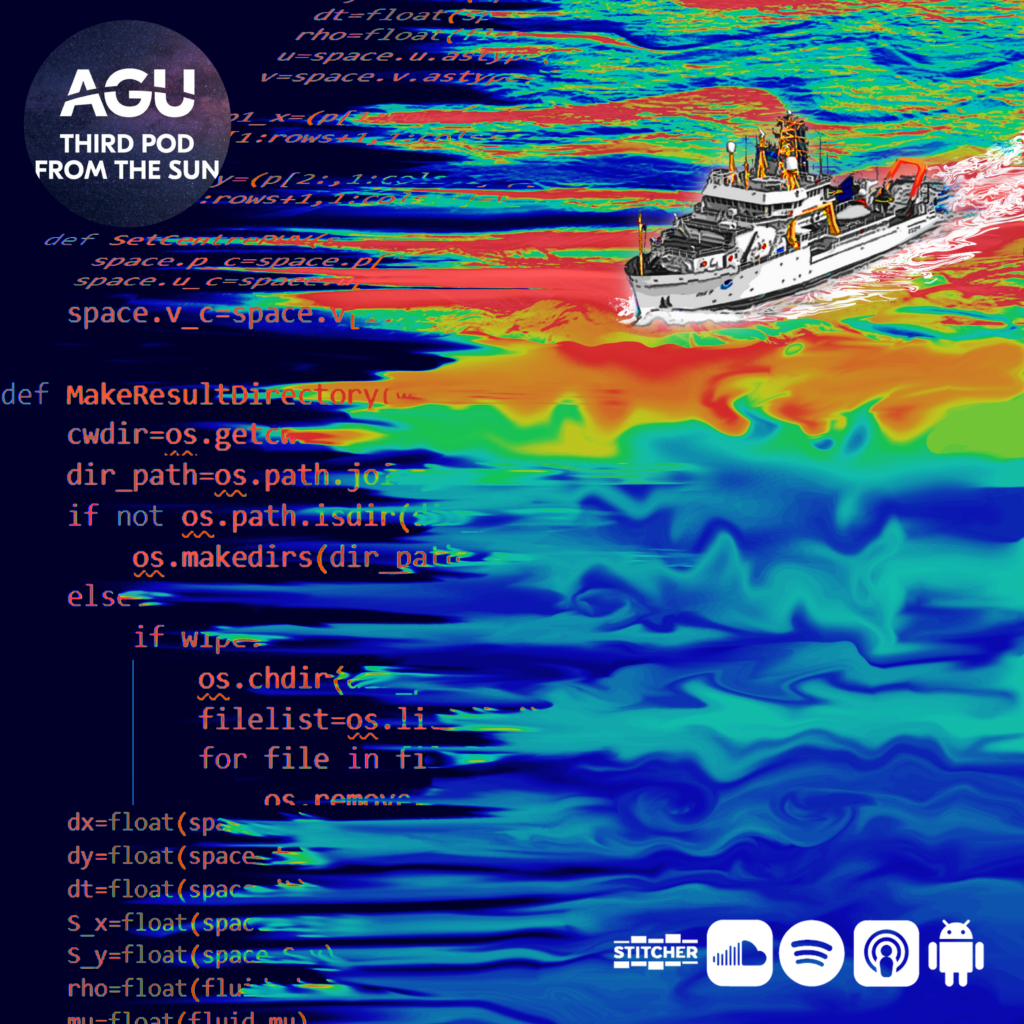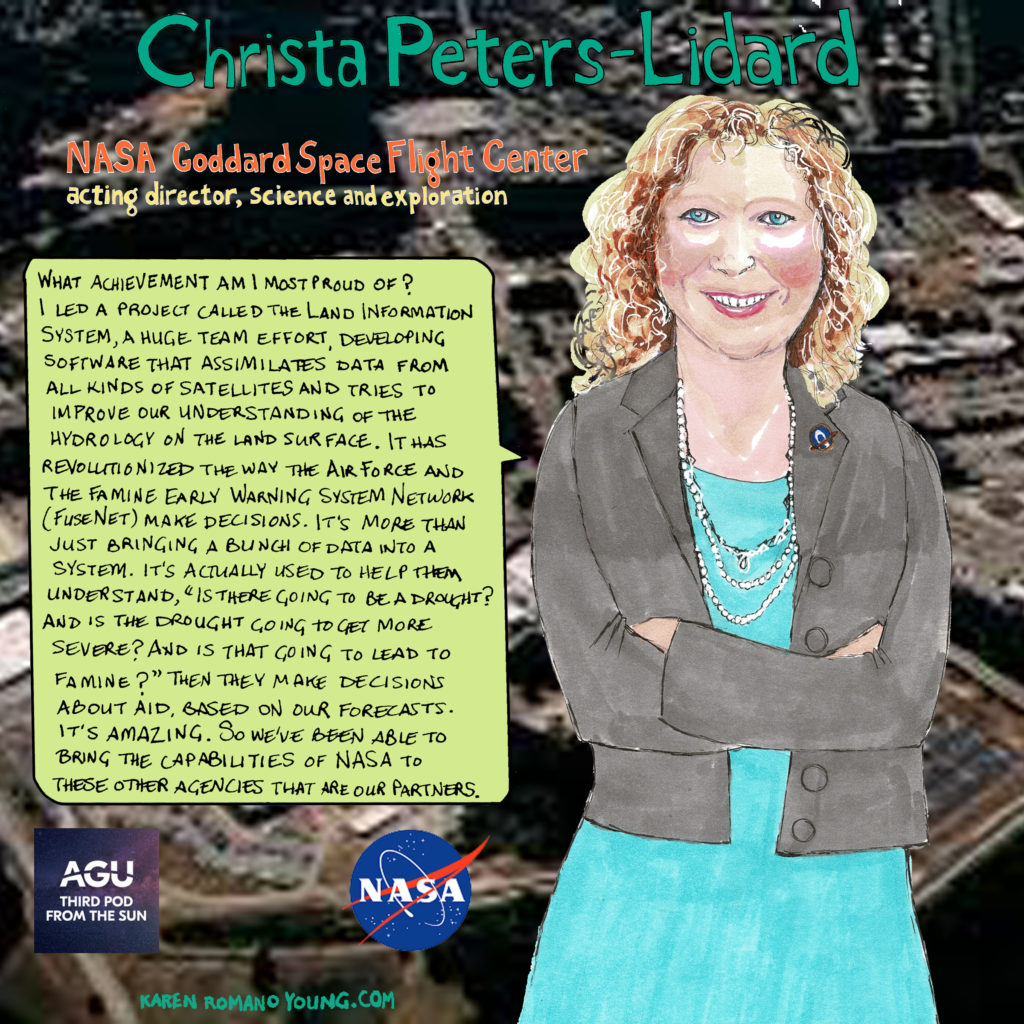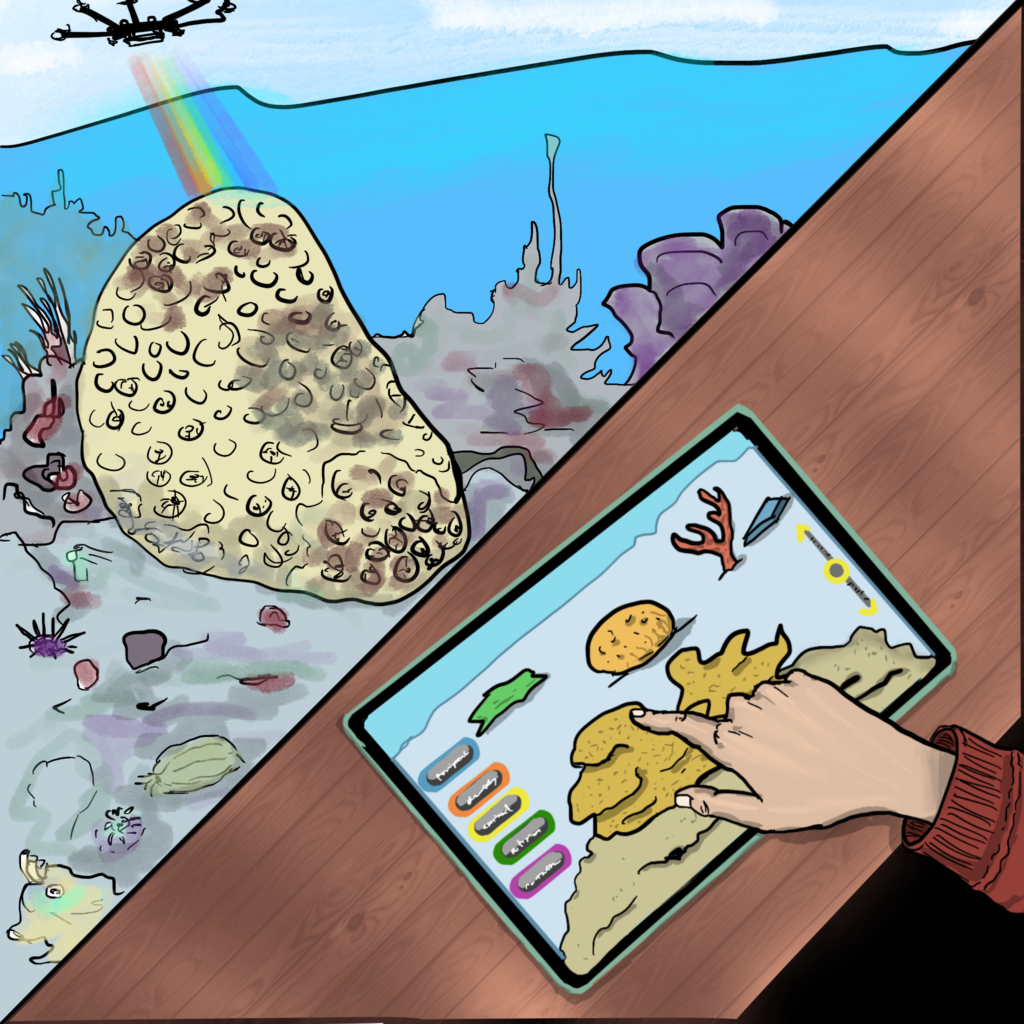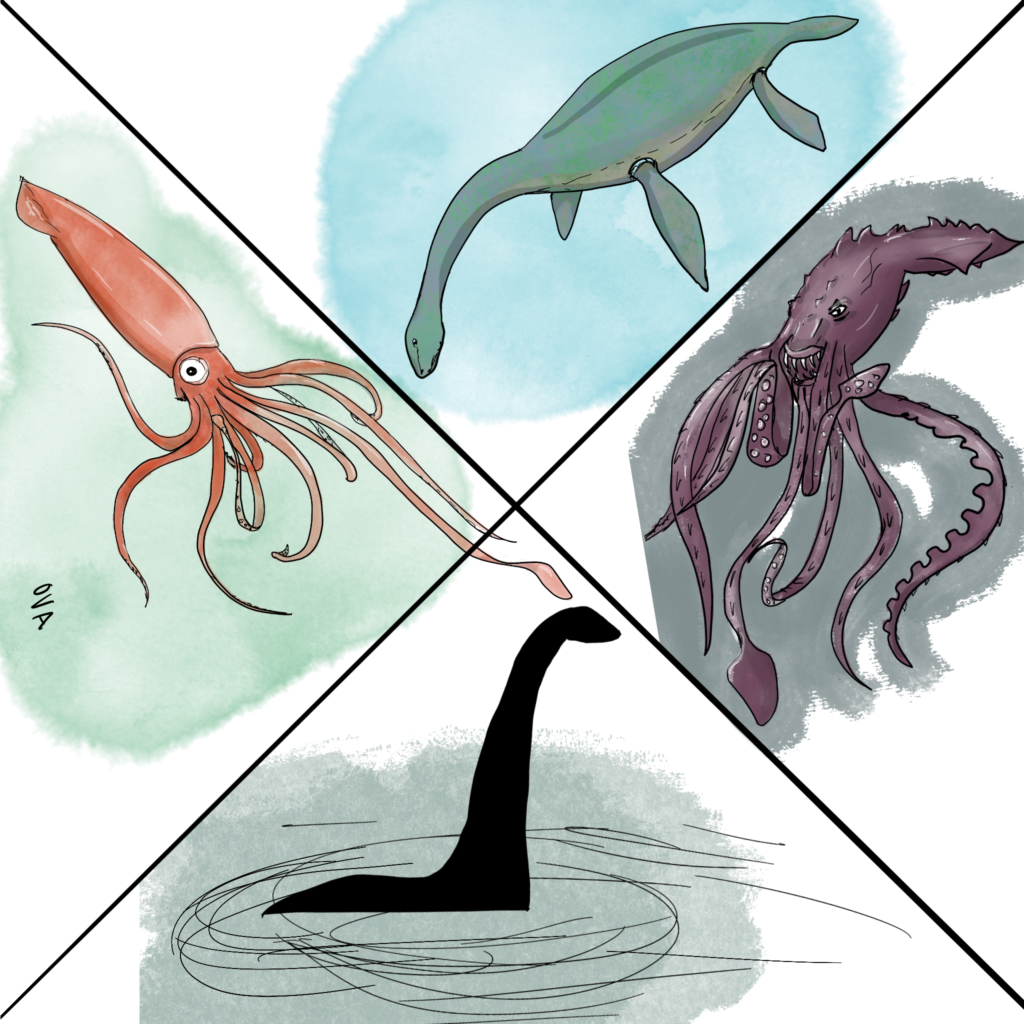Oceans
Invisible forces: Through the cloud of atmospheric aerosols
If you’re a scientist in an oceanography department, you’re probably studying the ocean, right? Well, part of your job might be studying things like phytoplankton, the tiny oceanic powerhouses that play a crucial role in our planet’s ecosystem. But how about clouds? Oh, and the properties of light, too?
Read MoreInvisible forces
We’re journeying into the mysterious world of invisible forces that shape our lives in ways we often overlook for our next series! Join us as we, explore nuclear energy, feel the pull of magnetic fields, and more.
Read MoreFieldwork rocks: Marooned on purpose
You might think of a deserted island when you picture being marooned, but for some geology researchers the island is their research ship. To collect samples of rocks and sediments from deep beneath the ocean, scientists park a ship called the JOIDES Resolution in place out at sea. That gives them plenty of time to drill for their samples, but it also means spending two months offshore.
Read MoreFieldwork rocks: From sea to quaking sea
Seismologist Margaret Boettcher has ventured to the depths of South African gold mines and the middle of the Pacific Ocean in a quest to find earthquakes that are predictable enough to measure and simple enough to understand.
Read MoreFieldwork rocks
It’s that time of year again where many scientists head out into the field, from far-flung locations to local backyards. In recognition of the lengths that some scientists go to to get answers to questions that only the field can provide, we’re sharing stories of science from quaking earth, to roaring winds, to choppy seas, and beyond!
Read MoreSolving for climate: Coasts in the machine
The Earth’s oceans play a crucial role in regulating the planet’s climate by absorbing and storing vast amounts of heat and carbon dioxide from the atmosphere. However, due to human activities such as the burning of fossil fuels and deforestation, the oceans are warming at an alarming rate. This increase in ocean temperature is causing a range of devastating impacts, from more frequent and severe storms to rising sea levels and bleached coral reefs.
Read More36-Spaceship Earth: Overseeing space…& Earth
When Christa Peters-Lidard cold-called the head of NASA’s hydrology lab as an undergrad, she wasn’t thinking she’d eventually land that very position. Now as the Acting Director for Sciences and Exploration at NASA’s Goddard Space Flight Center, Christa oversees several critical programs – either orbiting, like the James Webb Telescope, or currently in development – by ensuring scientists have the resources they need for a successful mission.
Read MoreDistillations: Mapping the seafloor with computer games
Many might think that we know most or all there is to know about our world. On the surface, that might be somewhat true. But below the surfaced, we’ve mapped less of the oceans than of places outside our world like Mars and our moon.
Read MoreHalloween special: Nessie & the kraken
We’ve all heard stories about fantastical creatures that people swear they’ve seen and have evidence of but can never be confirmed. Think Bigfoot or the Loch Ness monster. Mermaids or the Kraken. While there’s no evidence backing the existence of these creatures, either in present day or at any point in the past, there must…
Read MoreHalloween special: Sasquatches & mermaids
We’ve all heard stories about fantastical creatures that people swear they’ve seen and have evidence of but can never be confirmed. Think Bigfoot or the Loch Ness monster. Mermaids or the Kraken. While there’s no evidence backing the existence of these creatures, either in present day or at any point in the past, there must be a reason why such legends were created in the first place. In most cases, the legend in grounded in fact.
Read More

